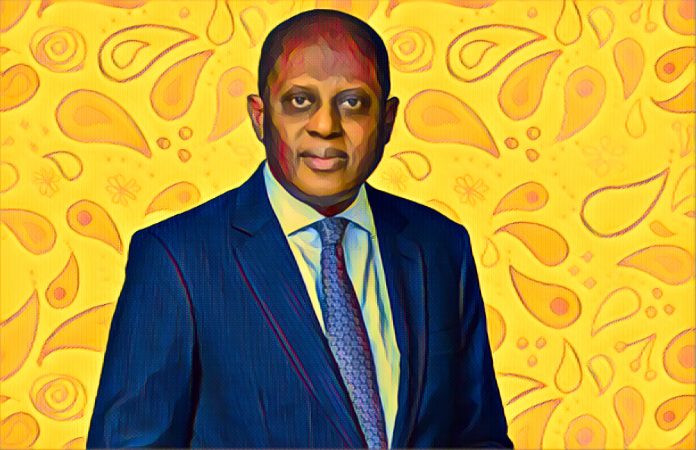Nigeria has attracted $2 billion of foreign direct investment (FDI) and portfolio inflows in the first quarter of 2024, as the country’s economic reforms have started to yield fruit, its finance minister said on Monday. The minister, Zainab Ahmed, said the inflows represented a 25% increase from the same period in 2023, and a 50% increase from the same period in 2020, when the COVID-19 pandemic hit the country hard.
Ahmed, who was speaking at a press conference in Abuja, the capital, said the inflows were a sign of the improved confidence and optimism of the investors and the international community in Nigeria’s economy and prospects. She said the inflows were mainly driven by the reforms that the government had implemented in the past year, such as the removal of fuel subsidies, the unification of the exchange rate, the introduction of the electronic tax system, and the passage of the Petroleum Industry Bill.
“These reforms have helped to create a more conducive and competitive environment for business and investment in Nigeria, and have also enhanced our fiscal and monetary policy coordination and transparency,” Ahmed said. “We are pleased to see that our efforts are paying off, and that Nigeria is becoming more attractive and more resilient as a destination for FDI and portfolio inflows.”
She added that the inflows had also contributed to the recovery and growth of the country’s economy, which had contracted by 1.8% in 2020, due to the impact of the COVID-19 pandemic and the global oil price shock. She said the economy had rebounded by 2.5% in 2023, and was projected to grow by 3.2% in 2024, according to the International Monetary Fund (IMF).
She said the growth was driven by the recovery of the oil and gas sector, which had benefited from the higher oil prices and the implementation of the Petroleum Industry Bill, which had reformed and restructured the sector. She also said the growth was supported by the expansion of the non-oil sector, especially the agriculture, manufacturing, and services sectors, which had benefited from the government’s stimulus packages and interventions.
Ahmed, however, acknowledged that the country still faced some challenges and risks, such as the insecurity and violence in some regions, the high inflation and unemployment rates, the low revenue generation and tax collection, and the high debt burden and servicing costs. She said the government was working to address these challenges and to mitigate the risks, by strengthening the security and peacebuilding efforts, by implementing the Economic Recovery and Growth Plan, by enhancing the revenue mobilization and diversification, and by managing the debt sustainability and efficiency.
She also said the government was committed to continuing and deepening the reforms and the policies that had boosted the inflows and the growth, and to pursuing more strategic and productive partnerships and collaborations with the private sector and the international community. She said the government’s vision was to transform Nigeria into a prosperous, inclusive, and sustainable economy, and to improve the living standards and well-being of the people.
Despite the difficulties, some experts say there is still hope for Nigeria to achieve its economic potential and to become a leading and influential player in the region and the continent, if the government and the society work together and leverage the opportunities and the advantages that the country has. They also say that Nigeria has the potential and the resources to become a hub and a model for innovation, entrepreneurship, and development in Africa and beyond.
Source: Business Day



